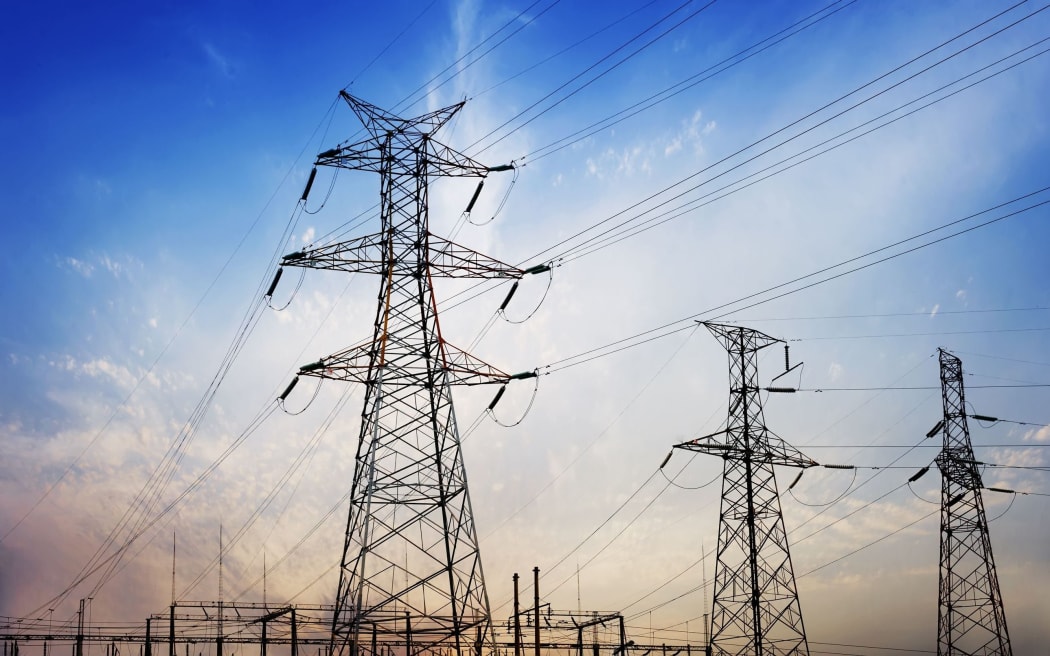Rain in the south has dampened fears of an electricity shortage after the South Island had its driest five months on record.

Photo: 123rf.com
The driest South Island weather on record for the five months from February left South Island storage lakes only 50 percent full.
The South Island had missed the heavy rains that have doused the North Island throughout the year until it copped its own deluge late last month.
The absence of rain dried up hydro storage lakes such as Ohau and Pukaki in the Mackenzie district, and caused an eight-fold increase in electricity spot prices.
Meridian Energy runs the main storage lakes, and senior executive Guy Waipara said dealing with the drought was hard work.
"It's been the driest patch of weather we have had on record from February for the five months after that, so it has been a really good test," he said.
North Island generators needed to work overtime, pumping electricity to the South Island and a thermal plant was fired up. At one point almost a third of all New Zealand's power came from burning coal or gas.
Water storage levels in South Island hydro lakes were still half the average level of the previous five years.
But there had been a slight uptick, and Mr Waipara said some of the pressure had eased.
"The lakes in Fiordland and Mackenzie country have stopped receding which is great and they have both had a small lift over the last week which is great," he said.
The supply scare raised fears of the electricity crises that hit the country in previous decades.
But it did not happen, and energy analyst Greg Sise said he now thought it wouldn't.
"We were last week at the lowest storage point for New Zealand in the last 20 years," he said.
"But we have had a bit of rain and we have moved away from that very low point.
"We are still below the twenty fifth percentile for New Zealand storage, but that said, I would say we are pretty safe for the rest of the year."
However, Mr Sise said there could be low lake levels next year if there was not enough rain in spring.


